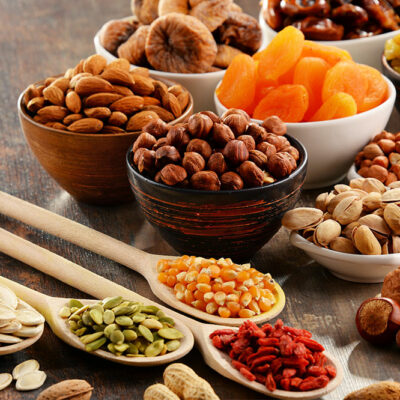
4 early indicators of colon cancer
Colon cancer, which begins in a portion of the large intestine called the colon, affects many in our country. It is life-threatening and can spread to other body parts, such as the liver and lungs, if not detected and treated. Like most health disorders, colon cancer has a few early signs that help individuals identify it in its initial stages. One must visit a doctor for a diagnosis as soon as they experience these symptoms. Anemia Colon cancer often leads to bleeding in the large intestine without the patient’s knowledge. Frequent bleeding, in turn, causes a loss of red blood cells. As red blood cells are the primary oxygen carriers, their absence causes anemia, a condition where the blood cannot efficiently transport oxygen throughout the body. The signs of anemia are irregular heartbeat, cold hands and feet, shortness of breath, pale skin, and weakness or fatigue even after simple activities like skipping or climbing stairs. Tenesmus Tenesmus is a condition where a person experiences the urge to use the restroom multiple times, even after having passed stool. Essentially, one constantly feels their bowel movement is incomplete. Tenesmus is a significant early sign of colon cancer, so individuals must visit a healthcare provider immediately after experiencing this symptom.
Read Article 









